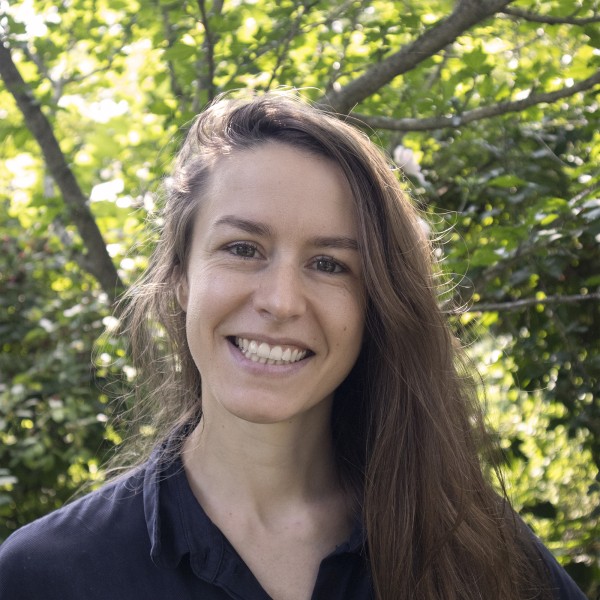Perspectives in Global Development: Fall 2022 Seminar Series
We are in a race against time. We are losing. We live in a world of the triple planetary crisis (environmental pollution, biodiversity loss, climate crisis), which has been exacerbated by COVID-19, the energy price rise and the present geopolitical crisis. We also fail to work together as a multilateral global community. Increasingly, people are turning their backs on the values of trust and solidarity. At the same time, humanity’s welfare –and indeed, humanity’s very future –depend on solidarity and working together as a global family to achieve common goals.
We have to rebuild trust by reinvigorating multilateralism. Growing inequality within and among countries is jeopardizing our efforts to ensure the future we want. Inequality leads to mistrust between countries, and to people’s mistrust in institutions of governance. It also contributes to acts of xenophobia, racism, intolerance, hate speech and disinformation, wars, which acts we all condemn.
Therefore, it is of utmost importance to discuss the most confrontational issues in a calm atmosphere. We have to engage constructively, keeping our forward-looking approach intact, and avoiding global negotiations to turn into a polarised blame game. The road from Glasgow to Sharm el-Sheikh is still vague. We lack clarity on what constitutes success at the COP27.What is the 'Big Fix' that is responsive to the diversity of all our climate agenda points and solutions needed for a world beyond 1,5?The challenge for the upcoming negotiations might thus be to find the right balance between keeping on the one hand focus and assessing progress against the long-term goals and on the other hand engaging on cross-cutting considerations like support, equity, just transitions. We need to shift our discussions from incremental to systematic, and from procedural to being more substantive. We shall not be judged by the goals and road we set, but by the time we take to reach our goals.
About the speaker
Dr. Barbara Botos has a long history of teaching experience at several universities. Since 2004 she has been actively involved in municipal level environmental and climate policymaking. In 2010 she started working in the field of international, EU and national climate change policymaking in the Hungarian Ministry for National Development as head of unit, and later head of Department of Climate Policy. Between 2018 and 2022 she served as the Deputy Minister of State for Climate Policy at the Hungarian Ministry for Innovation and Technology. Currently, she is the Hungarian Ambassador at Large for Climate. In 2022 she was shortlisted as one of the final three candidates for the Under-Secretary-General level position of Executive Secretary, United Nations Framework Convention on Climate Change (UNFCCC).She has senior leadership experience with strategic vision and with an intimate understanding of the economy of climate action and knowledge of the issues involved in the climate change and sustainable development spheres.
For the last 12 years, among others, she has supervised the National Climate Protection Authority responsible for national fluorinated gas regulation and the European emission trading system. She has been responsible for the launching and the supervision of climate, energy and green transport-related projects including through the Green Bus Program, several renewable energy, energy efficiency, emobility tenders, energy innovation and climate adaptation projects from the revenues of the European Emission Trading Scheme and the Modernisation Fund. She is the main author of the Hungarian LIFE-IP coal phase-out project with22 consortium members. She has been actively involved in the UNFCCC and EU climate negotiations as head of the Hungarian delegation and UNFCCC and IPCC focal point of Hungary. She also coordinates international and bilateral climate finance programmes within the Ministry, and coordinated the setting up of the Western Balkans Green Centre and the issuance of several international green bonds.
She is a Hubert H. Humphrey fellow of Cornell University, Ithaca, New York State, specializing in city and regional planning, has a Ph.D. degree in Earth Science, has an MSc in Environmental Policy and Science, and another one as a biologist.
About the seminar series
The Perspectives in Global Development seminars are held Wednesdays from 12:25 – 1:15 p.m. eastern time during the semester. The series will be presented in a hybrid format with some speakers on campus and others appearing via Zoom. All seminars are shown in Warren 151. Students, faculty and the general public are welcome to attend. The series is co-sponsored by the Department of Global Development, the Department of Natural Resources and the Environment, the Charles H. Dyson School of Applied Economics and Management, and the School of Integrative Plant Science as part of courses GDEV 4961, AEM 4961, NTRES 4961, GDEV 6960, AEM 6960, and NTRES 6960.
Date & Time
October 19, 2022
12:25 pm - 1:15 pm

More information about this event.
Contact Information
Jenna LaMendola
- JLaMendola [at] cornell.edu
Speaker
Barbara Botos, Hungarian Ambassador at Large for Climate
Departments
Global Development Section
Natural Resources and the Environment Section
Charles H. Dyson School of Applied Economics and Management
School of Integrative Plant Science
Related Events

We openly share valuable knowledge.
Sign up for more insights, discoveries and solutions.



